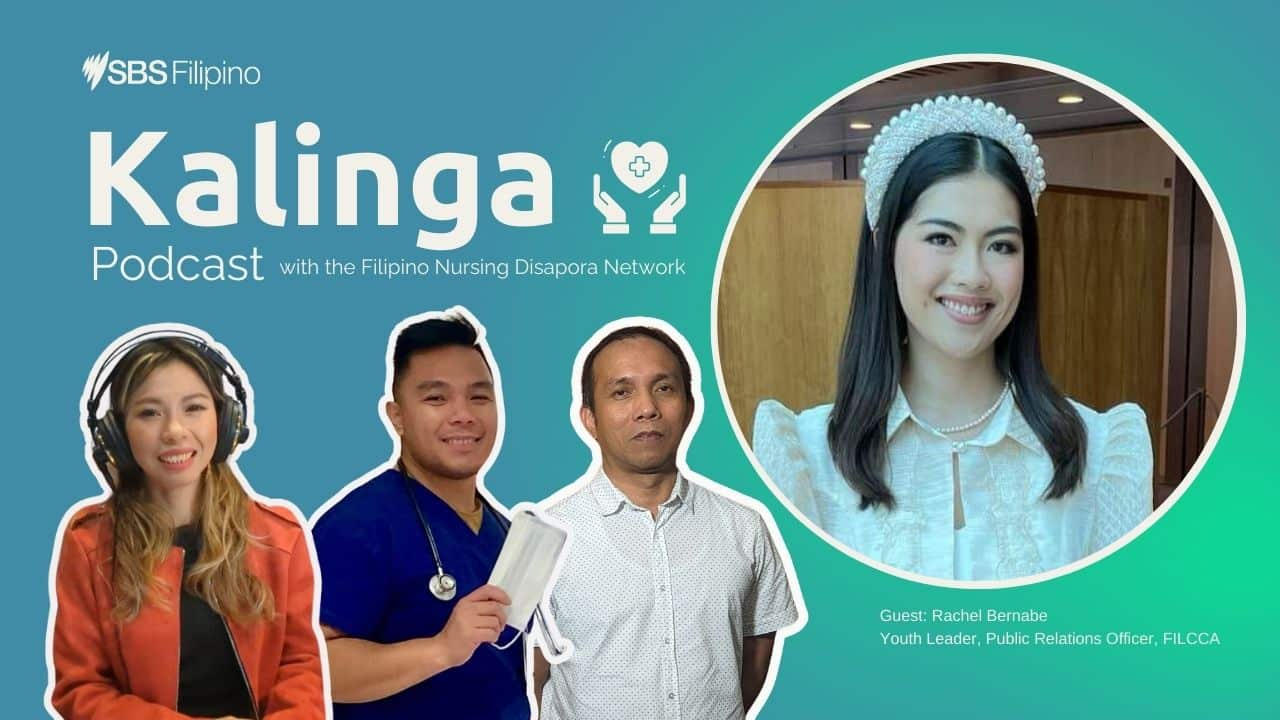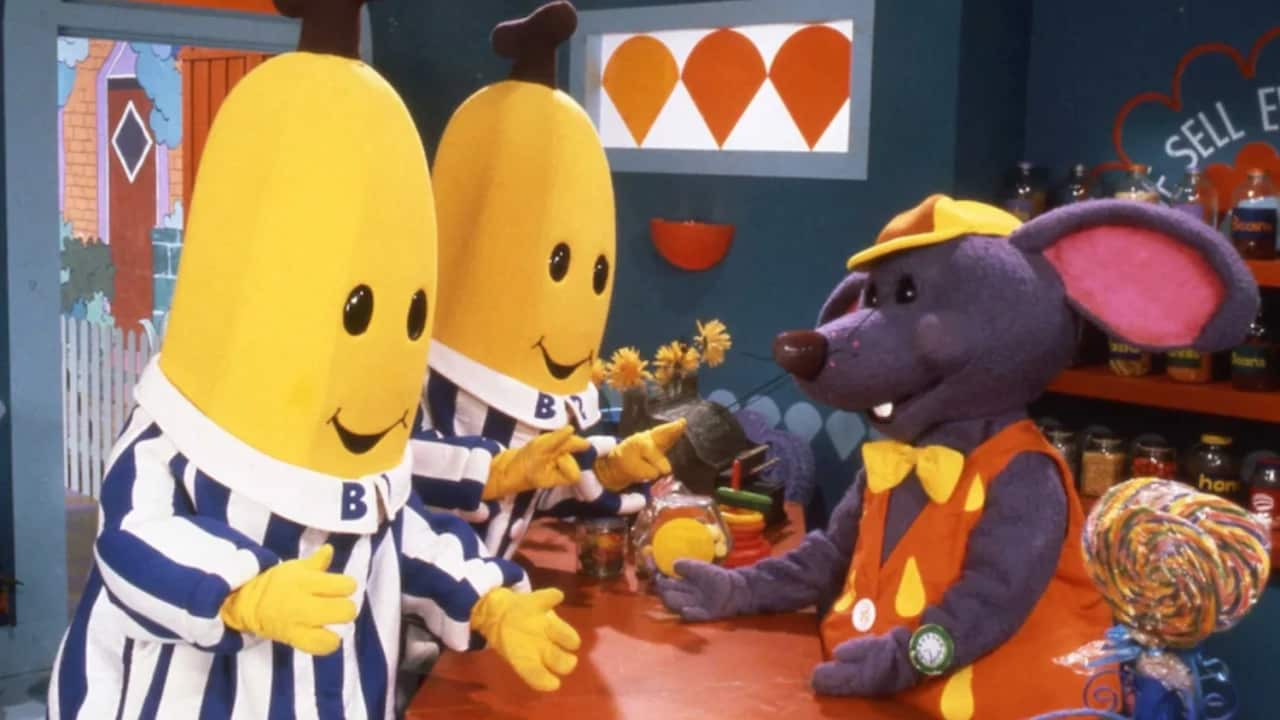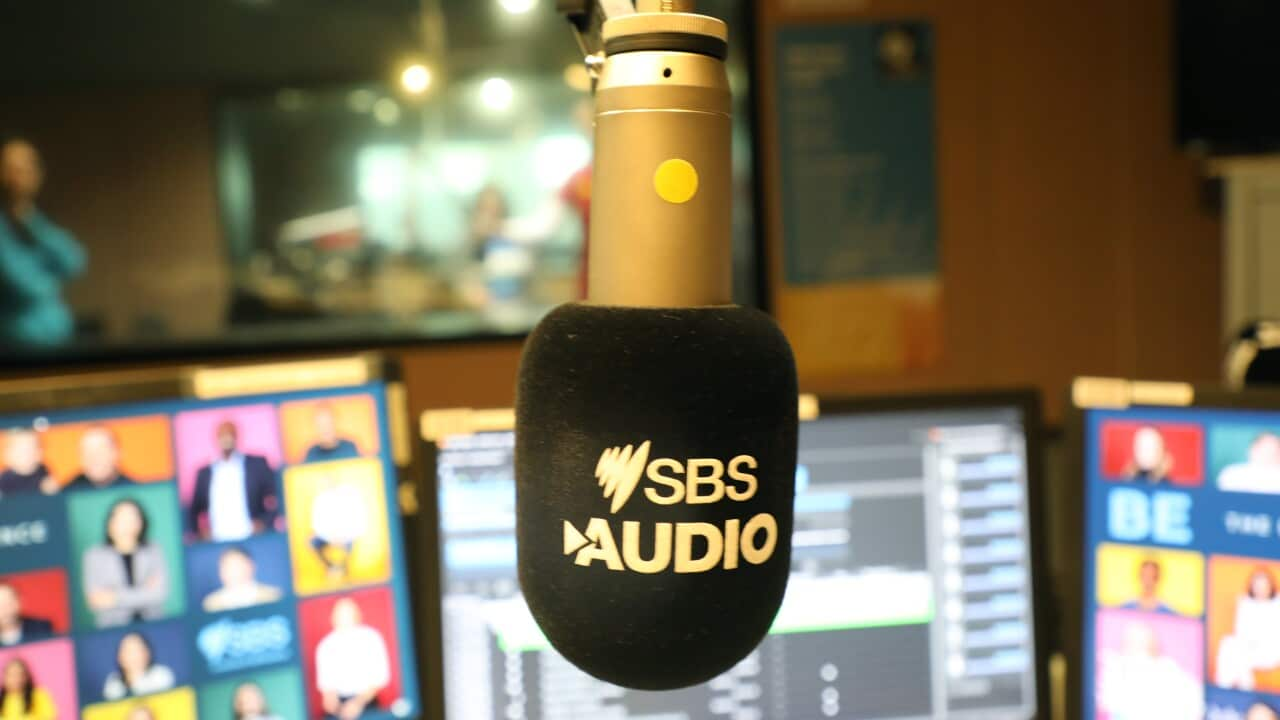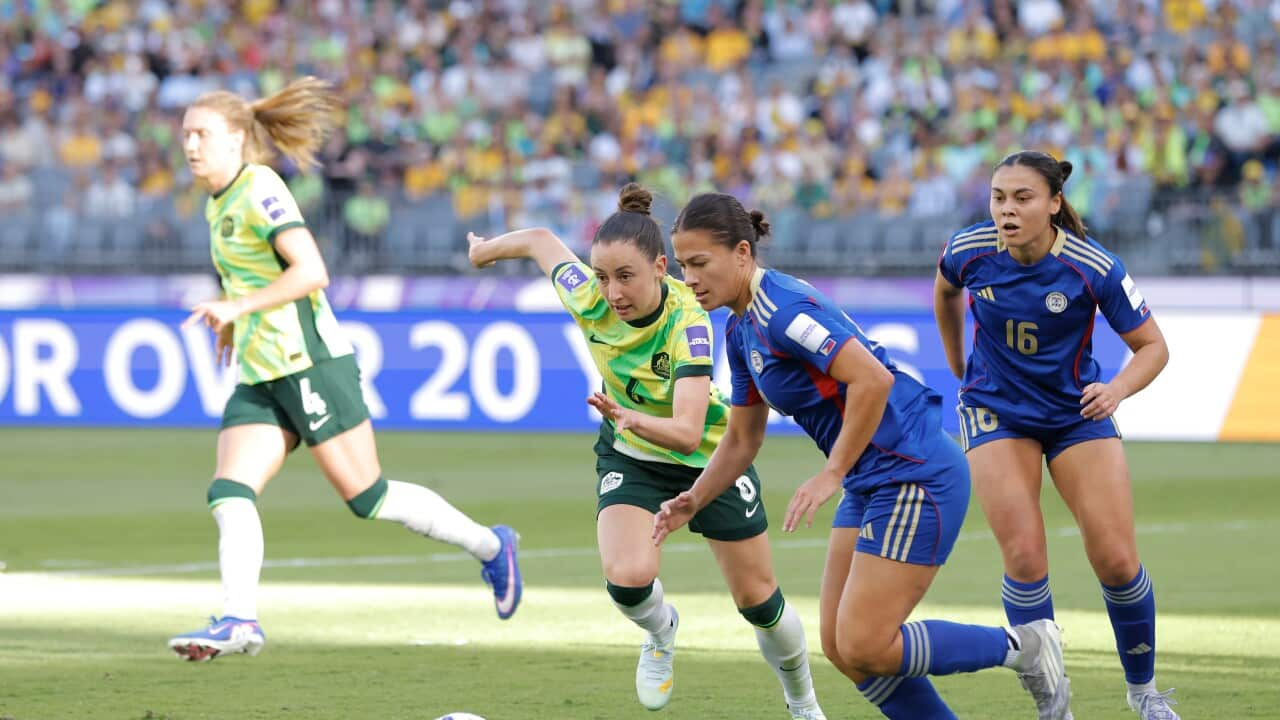Key Points
- In Rachel's experience, having boundaries or limits on social media use is important.
- Negative comments and cyberbullying about appearance can harm self-esteem and body image.
- Being active in organisations and community activities broadens the experiences and knowledge of young people about Filipino culture.
In today's digital age, social media has become an integral part of our daily lives. While it offers numerous benefits, including staying connected with friends and accessing information, excessive use can negatively impact our mental and physical health.
Recognising the need for balance, Rachel Bernabe, a youth leader from Canberra and advocate for practicing mindfulness in digital consumption, highlights the importance of setting boundaries to protect our wellbeing.
She has witnessed firsthand the adverse effects of unchecked social media consumption among her peers, particularly among the youth.
"It's about finding a balance between staying connected online and engaging in meaningful offline activities like spending time with your family," Rachel shares.
"Social media is so smart in creating personal algorithms, so we keep seeing content we want to see, which could be a good thing. However, on the other side, it is very easy to lose track of time when we are doom scrolling on our phone or laptop," she added.
Recognising the impact of digital overuse
Health research indicates that limiting social media use encourages more physical activities, thereby reducing the risk of sedentary lifestyle-related health issues such as cardiovascular diseases.
According to a recent study conducted by the Gonski Institute for Education, digital devices pose a significant distraction for Australian families. The study found that over 90% of parents feel these devices distract them, with 83% expressing concerns about their children being negatively affected by them.
When it comes to addressing this issue, Rachel offers several practical tips for setting boundaries on social media use:
1. Designate specific times of the day, such as during meals or before bedtime, as screen-free periods. This helps improve sleep quality and allows for relaxation and mindfulness.
2. Use apps or built-in phone features to monitor and limit the time spent on social media platforms. Allocating a specific amount of time each day can help manage usage.
3. Pursue hobbies and interests that don't involve screens, such as reading, going for a hike or outdoor sports. Nature has a way of grounding us, reminding us of the beauty and wonder of the world beyond the digital screen. These activities provide a sense of fulfillment and joy.
4. Make time for face-to-face interactions with family and friends. Personal connections are vital for emotional support and developing deeper relationships. While social media offers a convenient way to stay connected, nothing beats face-to-face interactions with friends, family, and the community.
Constant exposure to others' curated lives can also lead to unhealthy comparisons, fostering feelings of inadequacy and dissatisfaction.
Rachel encourages everyone to embrace their uniqueness and practice discernment in consuming information.
"It feels like there are so many standards that are set, which are nearly unattainable or impossible to achieve, especially for young women. I'll admit I am not immune to that kind of pressure. It's everywhere.
And I think part of dealing with it is learning how to filter out any of the unimportant, unhealthy, and unhelpful habits that we can cultivate on social media," Rachel shares.
Fostering community engagement
Rachel has been actively involved in Filipino community groups in the ACT since the age of four. Her dedication to community service earned her the ACT Youth Achiever award in 2018.
Previously serving as the Vice President for Youth Affairs of the Filipino Communities Council of Australia Inc. (FILCCA), she now fulfills the role of Public Relations Officer.
Beyond advocating for digital wellness, she is deeply committed to fostering cultural connection among young Filipinos in Australia. She encourages them to actively participate in community events and organisations to learn more about their heritage and identity.
"Being involved in community events and organizations is not only a way to give back but also an opportunity to learn about our culture," Rachel explains. "It's through these experiences that we can deepen our understanding of our roots while also helping our community thrive."

"Kalinga," which translates to 'care' in Filipino, will delve into crucial topics such as health, cultural understanding, and community resilience. With a focus on providing practical insights and fostering a sense of community, the podcast seeks to be a valuable resource for Filipino-Australians navigating the post-COVID-19 era.



